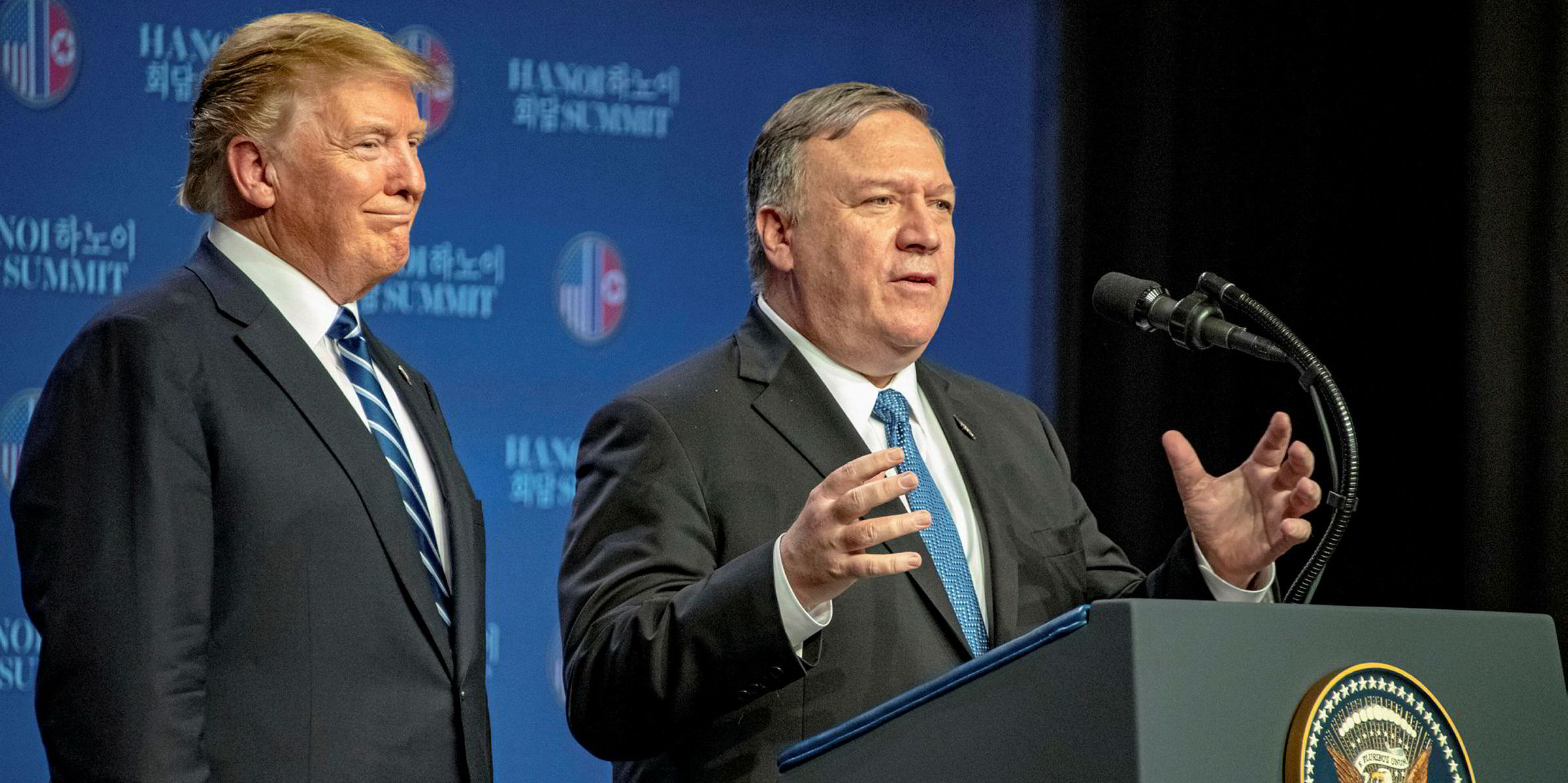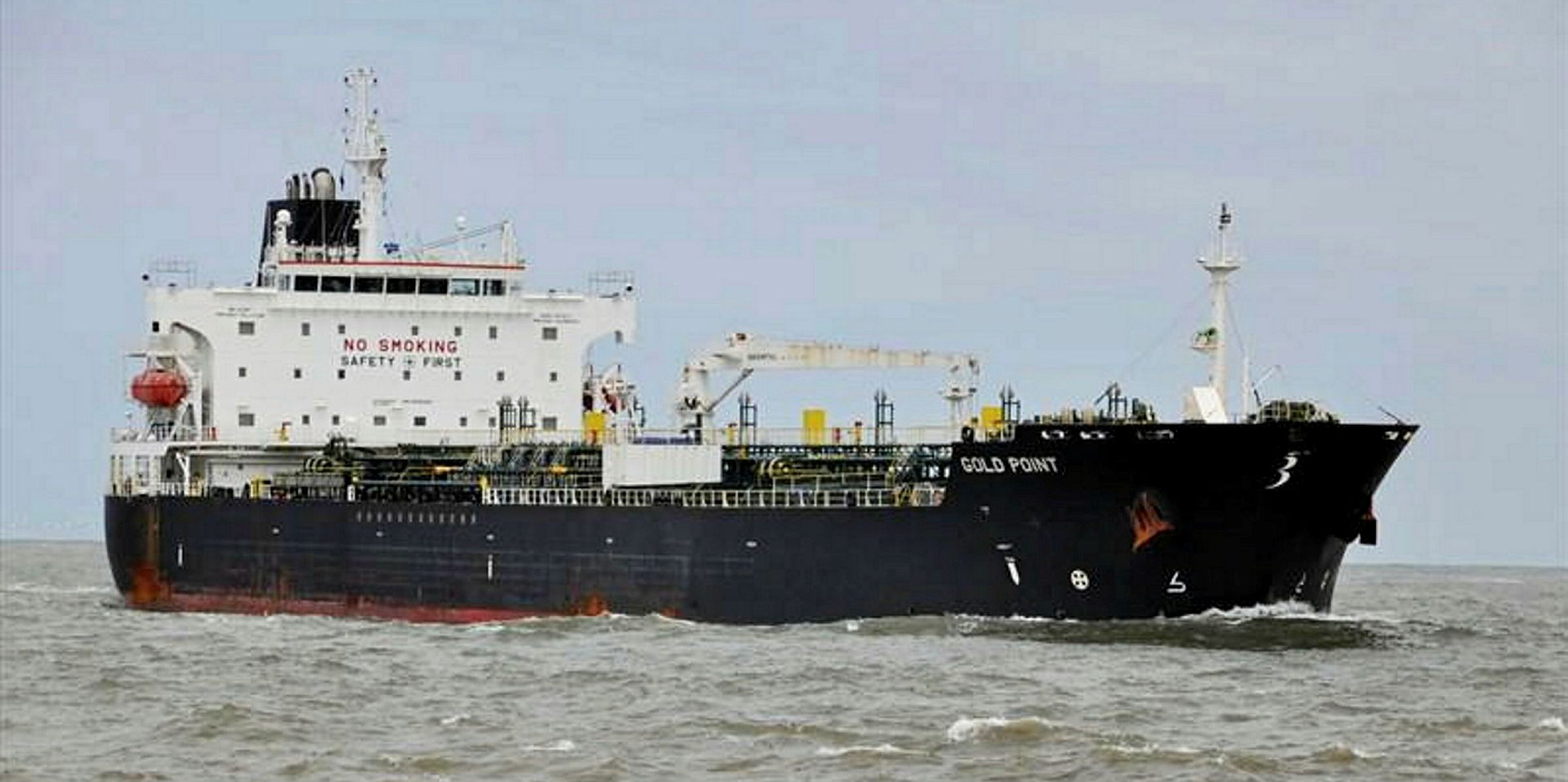The US government is pressing ships to keep their satellite tracking online as tension in the Middle East Gulf mounts.
Authorities has held public and private meetings with "countries and shippers" stressing the need for, among other things, keeping their automatic identification systems (AIS) on in an effort to ensure transparency, Reuters reported Monday.
“There is absolutely no reason, aside from a ship being off the coast of Somalia, where there are piracy issues, for a ship to turn off its AIS,” a senior State Department official told the news wire.
The news comes as the US government appears to be taking a closer, and more sceptical, look at the shipping industry and recent tumult in the Middle East Gulf.
In March, the US Treasury Department's Office of Foreign Asset Control — the agency tasked with enforcing sanctions — published a list of ships that allegedly violated Iran, Syria and North Korea sanctions. The list was a warning to owners, brokers, insurers, managers and others that they could be punished if the behaviour continued.
Among the recommendations to shipping companies were that ships keep their AIS on in all circumstances, even suggesting AIS activation be a condition of insurance coverage.
Sanctions against Venezuela have also chased ships out of the Caribbean, with VesselsValue telling TradeWinds that total aframax tonnes per day to the country have fallen from more than 200,000 in January to less than 50,000 by March.
Italian shipowner PB Tankers had five of its six ships sanctioned for nearly two and a half months thanks to a charter with Cuba's state oil company later terminated.
Meanwhile, four tankers were allegedly sabotaged near the Strait of Hormuz in May, and another two attacked in June. All six incidents were blamed on Iran, which the Islamic republic has denied.
Less than two weeks ago one UK-flagged tanker was seized in the region by Iran and second ship was detained and later let go.
That seizure was likely retaliation for British authorities taking the 301,000-dwt Grace 1 (built 1997) in early July over suspicion it was delivering oil to Syria.
The US has also announced plans to build a military coalition to escort commercial ships in and around the waterway, which carries a significant portion of the world's seaborne oil each day.
The UK has also stepped up patrols in the area.





